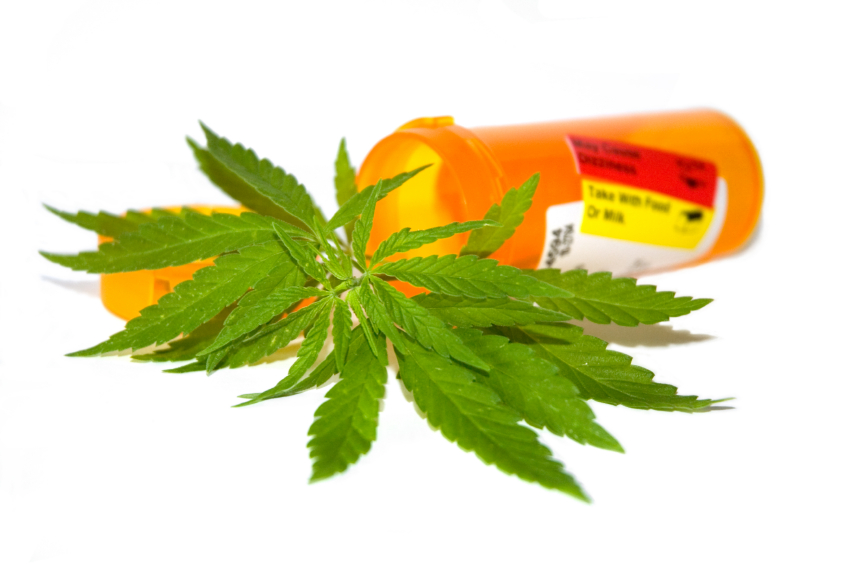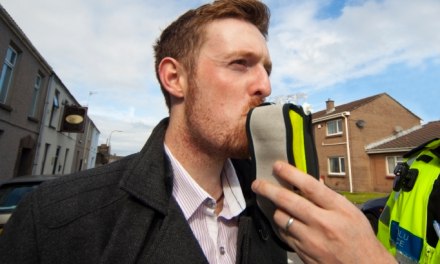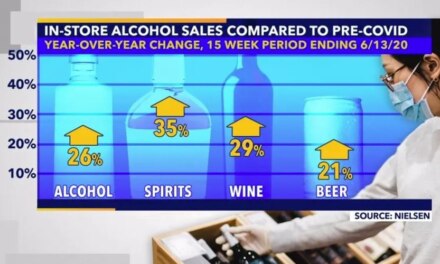The headline read: “Oregon undoes groundbreaking drug decriminalization law.” Well, its sponsors knew the struggle was only beginning. Here’s an overview from The Guardian:
That’s what happens when you’re out ahead of the curve. Oregon, more progressive than many states, built popular support for groundbreaking legislation, and took a risk. But the public seems to have lost patience.
Now the state’s political pendulum has swung back in the opposite direction. Some of the gains made will no doubt remain, but for the most part, the experiment seems to be at an end. For the immediate future, at least.
As you might imagine, there are many different viewpoints on exactly what happened and why. Some are predictably partisan. A comment from one reader: “Who cares? These people [drug users] are doomed anyway. Might as well lock them up or better yet, let them overdose and die. No point in wasting taxpayer money.”
A much more reasoned opinion comes from a colleague of mine with long experience in addictions. He says, “…I find it unsurprising that a state would want to try something different, but not provide the resources necessary to make it work.”
We’ve certainly seen that before. During the Reagan era in California, when so many of the large mental hospitals were shut, with the promise that they would be replaced by a network of community mental health centers. Many of those community-based facilities were simply never opened. Too costly, we were told.
In a way, Measure 110 was a classic example of a syndrome that’s plagued innovative social programs since the 1960’s and 70’s. That’s when social scientists Siegler and Osmond observed that in our current system, “…programs that focus on rehabilitation and prevention often have to shift direction back to punishment and deterrence if results don’t arrive quickly enough for an impatient public.”
I imagine that’s what happened here. Measure 110, for all its good intentions, was far from perfect. Perhaps it overemphasized harm reduction over other approaches that would have made a substantial difference in results. Still, the clock was running, and they ran out of time.
Will they try again at some point? We’ll be watching.












